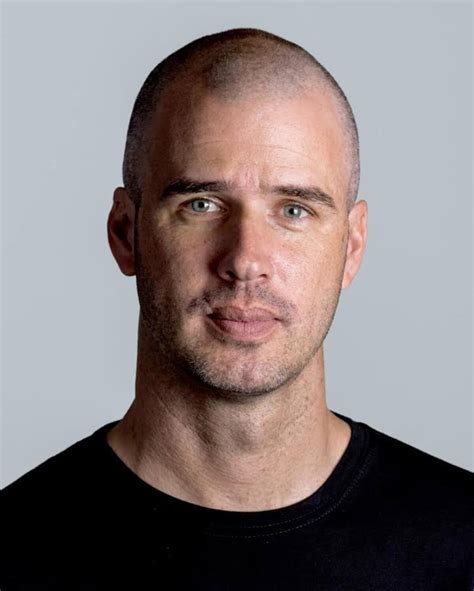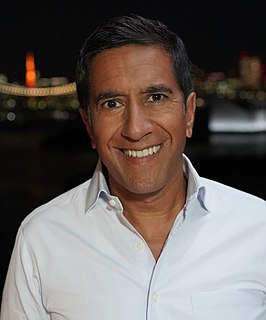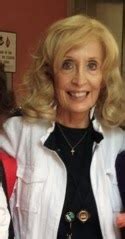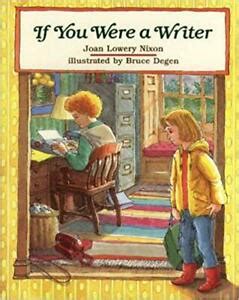A Quote by Nancy Kress
As a writer, you must know what promise your story or novel makes. Your reader will know.
Related Quotes
I don't know your story or your dreams or the things that steal your sleep, but I know they matter. I hope you story is rich with characters, rich with friends and conversation. I hope you know some people who carry you, and I hope you have the honor of carrying them. I hope that there's beauty in your memories, and I hope it doesn't haunt you. And if it does, then I hope there is someone who will walk you through the night and remind you of the promise of the sunrise, that beauty keeps coming, that there are futures worth waiting and fighting for, and that you were made to dream.
Even if your novel occurs in an unfamiliar setting in which all the customs and surroundings will seem strange to your reader, it's still better to start with action. The reason for this is simple. If the reader wanted an explanation of milieu, he would read nonfiction. He doesn't want information. He wants a story.
Also, worldbuilding touches all aspects of your story. It touches plot and character as well. If you don't know the culture your character comes from, how can you know what he's really like? You must know your characters on a much deeper level than you would if you just shrugged your way into a cookie cutter fantasy world.
I feel really strongly about not wanting to overly guide the reader about what he or she should think. I really trust the reader to know for themselves and not to need too much. You have your own imagination, your own experiences, your own feelings, and a novel wants ultimately to ask questions. It doesn't assert anything, or shouldn't, I think.
What is a novel? I say: an invented story. At the same time a story which, though invented has the power to ring true. True to what? True to life as the reader knows life to be or, it may be, feels life to be. And I mean the adult, the grown-up reader. Such a reader has outgrown fairy tales, and we do not want the fantastic and the impossible. So I say to you that a novel must stand up to the adult tests of reality.
Now, as a reader, you shouldn't feel the decisions the writer makes about this DNA, or it would be boring beyond belief. But, as a writer, you're struggling to make these decisions. What should the title be? What's the first line? The point of view? And the struggle with the decisions is because you're trying to figure out WHAT IS THE NOVEL, WHAT IS THE NOVEL?
How often I have tried to tell writing students that the first thing a writer must do is love the reader and wish the reader well. The writer must trust the reader to be at least as intelligent as he is. Only in such well wishing and trust, only when the writer feels he is writing a letter to a good friend, only then will the magic happen.
I wouldn't have thought that the techniques of story-telling, which is what the novel is after all, can vary much because there are two things involved.There's a story and there's a listener, whose attention you have to keep. Now the only way in which you can keep a reader's attention to a story is in his wanting to know what is going to happen next. This puts a fairly close restriction on the method you must use.





































